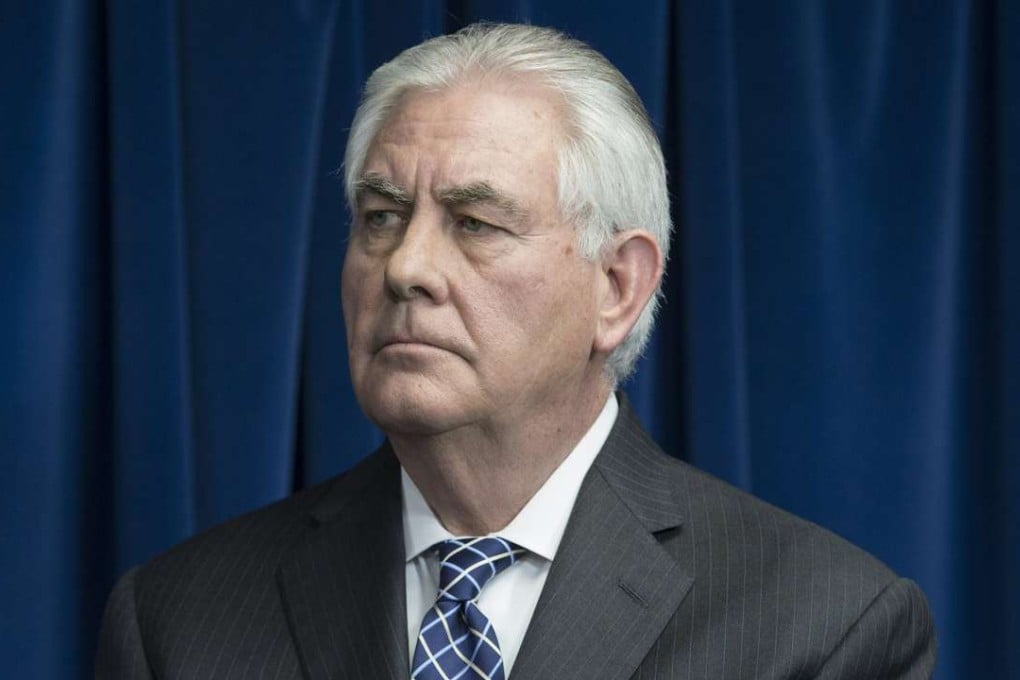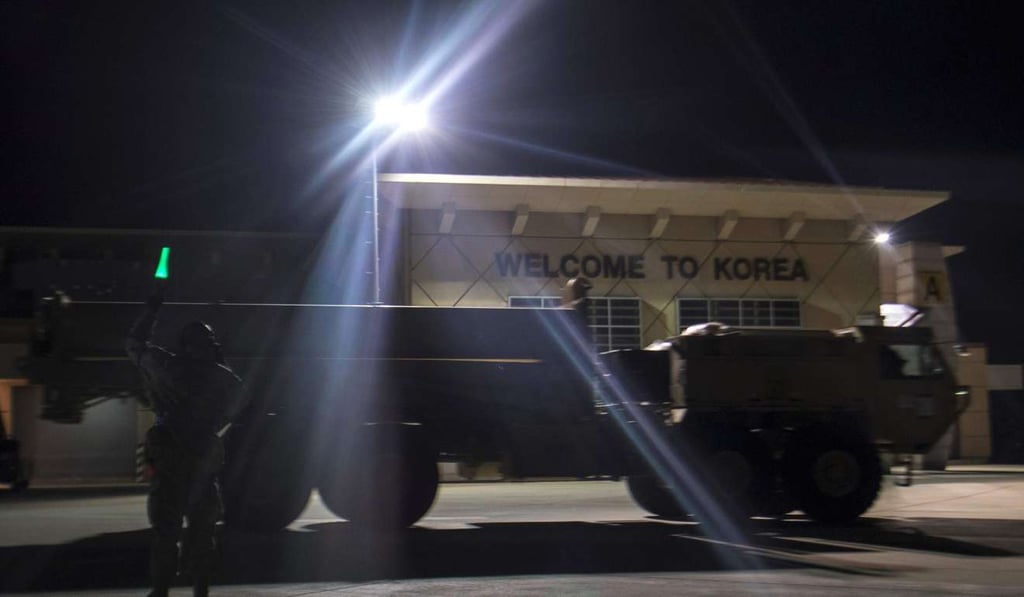Update | US Secretary of State Rex Tillerson to push for Beijing to get tough on North Korea in landmark summit with Chinese President Xi Jinping

US Secretary of State Rex Tillerson is expected to meet Chinese President Xi Jinping next week in Beijing to critical issues affecting Sino-US relations in the next four years, a senior State Department official said on Tuesday.
“He is going to talk about substance. He is going to talk about the issues, begin charting for a relationship between the US and China for the next four years,” Danny Russel, the top East Asia diplomat at the US State Department said in his last media briefing as assistant secretary of state for East Asian and Pacific affairs.

To quickly establish a direct communication line between the leadership of the two countries would be critical, said Russel, adding Tillerson’s meeting with Xi “plays a big part in that process”.
Tillerson’s visit to the region comes as the deployment of the Terminal High Altitude Area Defence system (THAAD) in South Korea has drawn fierce criticism from Beijing.
Tillerson is also likely to urge Beijing, which has considerable economic leverage on Pyongyang, to strengthen pressure on North Korea.